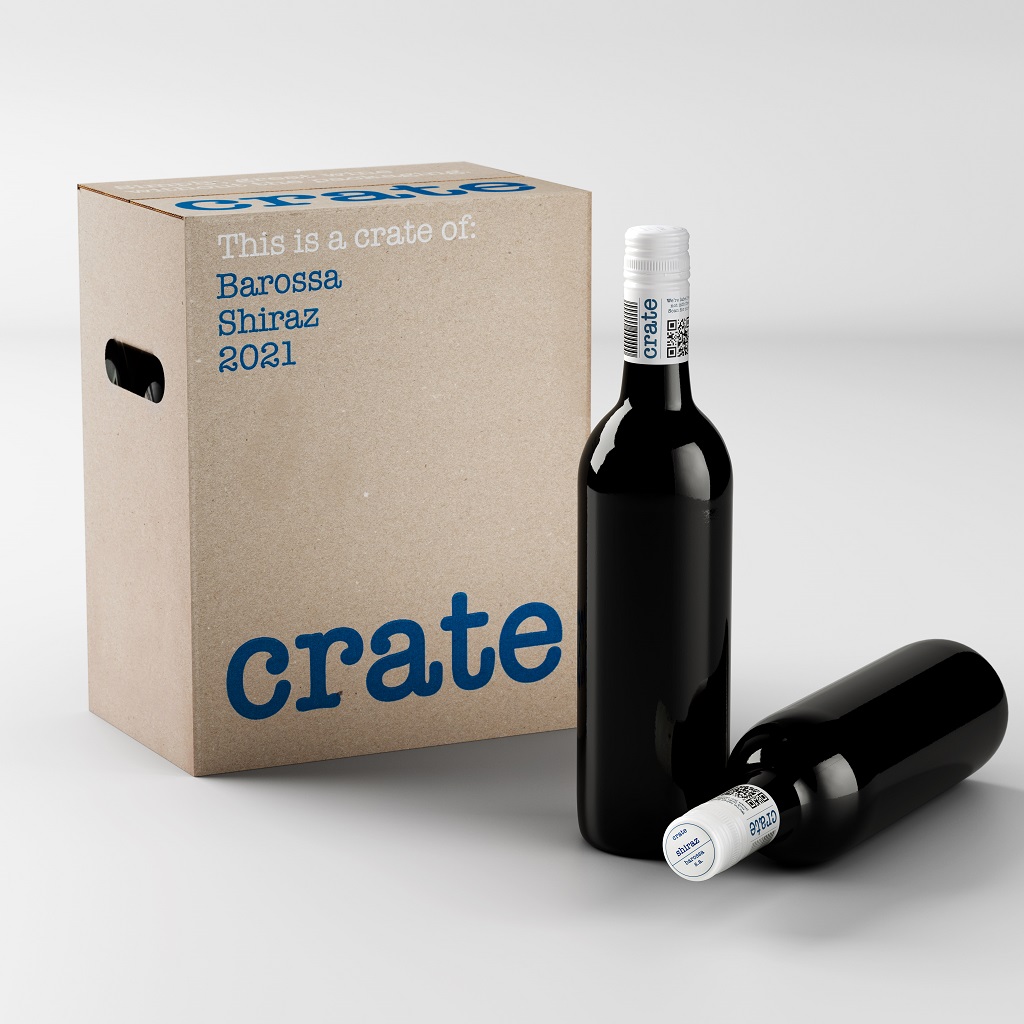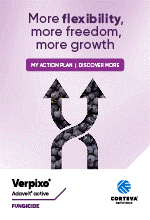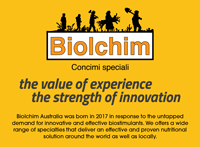Image courtesy Denomination
Fourth Wave Wines made a step forward sustainable packaging, with its launch of the first-ever label-less wine, Crate, designed by sustainable drinks branding firm Denomination.
Crate is barrel matured wine produced from a variety of Australian red wine regions with a sustainable footprint. The design does away with unsustainable branding materials and optimises the only necessary packaging components. All the essential brand information is found within the tiny space of a capsule.
“Fourth Wave Wines is constantly striving towards greater sustainability and, with the launch of Crate, is shining a light on alternatives to conventional packaging that use paper labels, an increasingly precious commodity,” says Nicholas Crampton, co-owner at Fourth Wave Wines.
“We enlisted the team at Denomination because they always put sustainability at the heart of everything they do. What they have created is a design that allows the quality of the wine to shine, while stripping away unnecessary waste from the packaging. There’s no label printing, no adhesives, no paper usage, and less energy used on the bottling line with the removal of the label component.”
There has been a flurry of discussion about the impact of using plastic in packaging on the environment, but little acknowledgement that paper labels are part of the problem too.
Environmental concerns have led to a decrease in the use of plastic and paper resources are being used to compensate.
This has led to increased pressure on forests, leading to deforestation. In addition, in order to apply a paper label to a bottle, a PET liner needs to be used, adding the use of crude oil to the mix.
Crate does away with all this and the spotlight is firmly on the wine, not the packaging.
Co-founder of Denomination Rowena Curlewis said to do this, Denomination could only use the wine’s essential components: the bottle and the capsule.
“The challenge was finding the most energy efficient choice. Printing on the bottle would have involved using incredibly high temperatures, so we chose the capsule, even though it meant being creative in a smaller space,” she said.
The capsule contains all mandatory information, brand logotype, varietal, region, vintage, legal claims, barcode, brand messaging and a QR code for further information.
Working with some of the world’s leading packaging manufacturers and suppliers, Denomination sourced and developed a design with the most sustainable footprint.
Crate uses transition glass, from bottles that would have otherwise been thrown away, and is lightweight, giving a lower carbon footprint. Alongside 100% recycled cartons with minimal print, the wines can only be bought by the case, further lowering the carbon footprint.
“This is a provocative and brave design for a brave brand. As we talk about sustainability, we need to take risks, move beyond the conventional and explore other ways of branding and messaging,” said Curlewis.
“As both brand owners and consumers become more cognisant of the impact of increased paper use on our forests, and the use of non-renewables to create plastic, the use of labels on wines and other drinks prompts an important question that the design industry will need to answer in order to protect all of our futures.”
Are you a Daily Wine News subscriber? If not, click here to join our mailing list. It’s free!





















